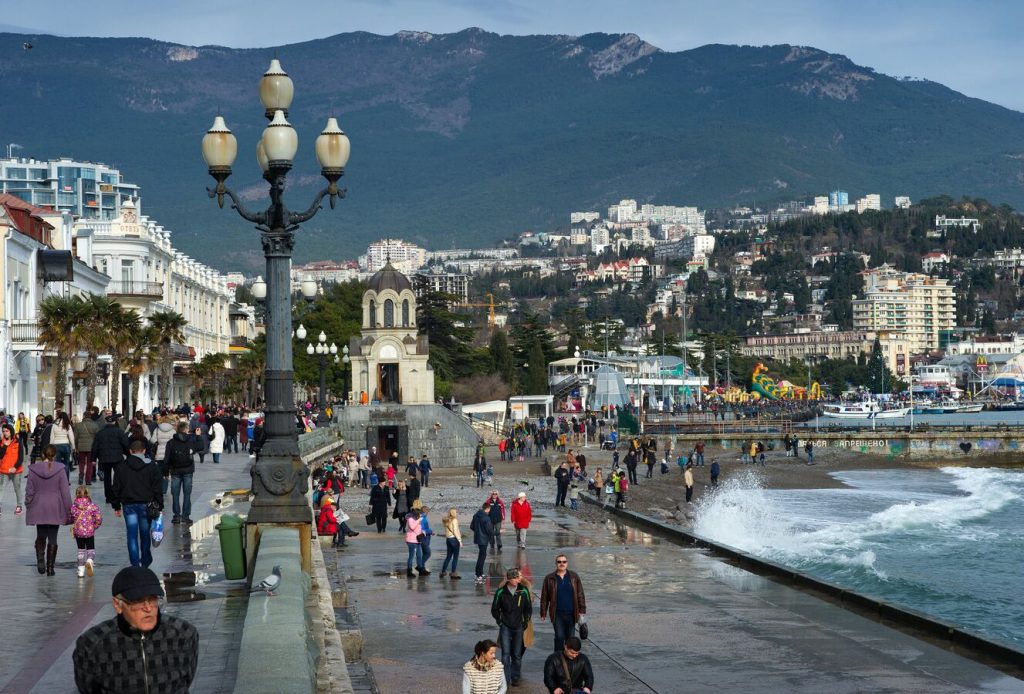
[This is the third part of a travelogue series by two CAM writers who recently traveled to Russia and Crimea. Part 1 of the series can be read here; and Part II here.—Editors]
We spent nearly 20 days in Russia, including five days in Crimea. During our journey, we spent around 70 hours on trains riding in close quarters with Russians whom we had never met before but who freely shared food and drink with us. Indeed, throughout our travels, we were invariably treated with kindness, generosity and hospitality.
When people realized that we spoke English and were from the States, they tried very hard to communicate with us and to make sure that we, as visitors in their land, were comfortable and taken care of. In short, it was clear to us that, while many Americans may hate Russia and even Russians themselves, this hatred is not returned in kind.
One anecdote is illustrative of such treatment. About half an hour into our 27-hour train ride from Moscow to Crimea, Rick realized that he had left his money belt, with around $2,000 in cash, back in his Moscow hotel room safe. This hotel had a quaint name in English—the Sunflower Avenue Hotel—and is located around the corner from the biggest mosque in Europe.
Rick called the hotel and informed them of what had happened, and, after some back and forth to make sure that Rick was the true owner of the money, the hotel management said they would give it to anyone we designated to retrieve it.
We were able to contact a friend in Moscow, Yulia, who went to the hotel and took possession of the money belt. And, because our plan was to travel back from Crimea directly to St. Petersburg, and not to return to Moscow, Yulia also arranged for a friend of hers to bring the belt to St. Petersburg—a city located at least four hours by train from Moscow. Within a few hours of our returning there a week later, this friend drove up to the hotel and handed the belt to Rick outside of our hotel. And, not a dollar was missing.
Obviously, this could have turned out much differently given how many times the money belt had to change hands before getting back to Rick and given that all involved knew that if we never saw some or all of the money again there would have been little we could do about it given that we were not returning to Moscow and would soon be leaving for the United States. Our faith in humanity remained intact from the experience.
The other place where we witnessed that the hate goes only one way was in Crimea—a peninsula on the Black Sea, which has changed hands from Russia to the Soviet Union to Ukraine and back to Russia and which has three distinct ethnic groups. These three ethnic groups are Russians, who make up around 65% of the Crimean population, Ukrainians who are 16% of the population and Tatars who are around 13%. Although there are these different ethnic groups, more than 80% of the Crimeans speak Russian on a daily basis.
After the collapse of the Soviet Union in December 1991 and Ukraine’s taking control of the peninsula in spite of an earlier (January 1991) referendum in which 94% of Crimeans voted to become an autonomous Republic, Ukraine moved quickly to try to “Ukrainize” Crimea along with the Russian-speaking Donbas region of Ukraine. What this meant in practice was outlawing Russian as a national language and as a language taught in schools, and attempting to eradicate Russian culture and historical monuments.
This process accelerated after the 2014 coup in Kyiv, which brought to power a right-wing government quite hostile to Ukraine’s own Russian population. It was this open hostility, which led Crimeans to hold a referendum to rejoin Russia—a referendum in which, with an 83% voter turnout, 97% of the voters cast their votes for Russian reunification.
For its part, the Ukrainian government moved to punish the Crimean people for their decision to return to Russia. Thus, Ukraine dammed a canal which fed Crimea with fresh water and cut off electricity to Crimea, resulting in Crimeans suffering from a lack of electricity for months.
While Zelensky and the U.S. are escalating their threats that Ukraine will somehow “recapture” Crimea, this type of spiteful mistreatment of Crimea, combined with the periodic drone attacks against civilian targets in Crimea, have guaranteed that Crimea will never willingly go back to Ukraine.
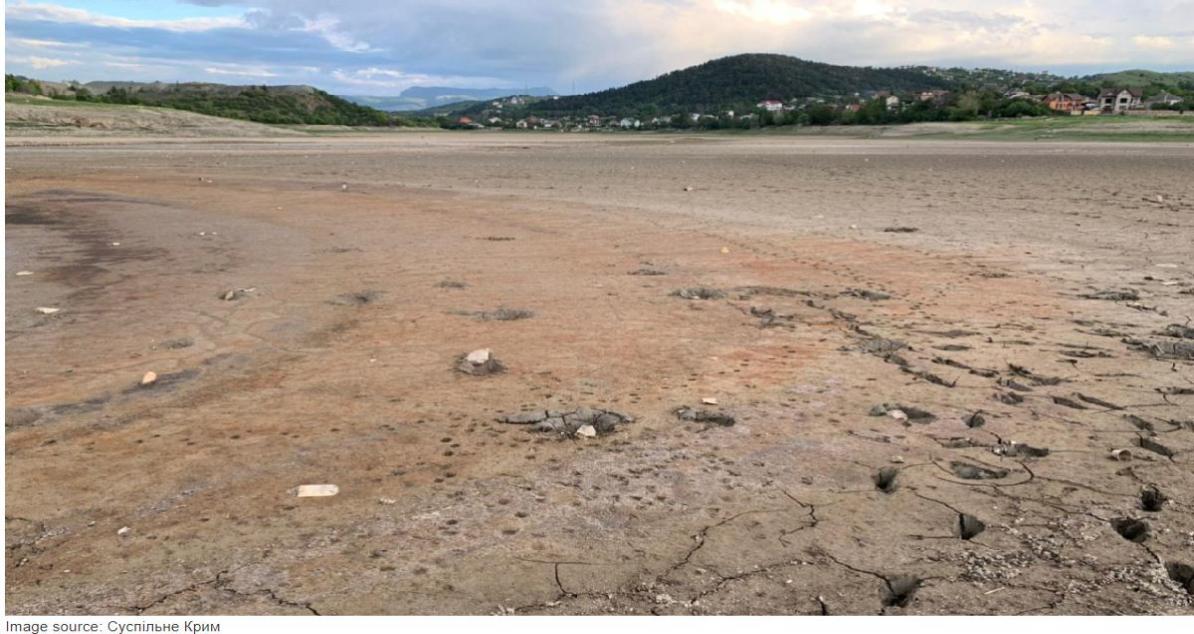
Despite this ill treatment, neither Russia nor the local Crimean government has treated the Ukrainians in Crimea as Ukraine treated its Russian population. Thus, far from outlawing the Ukrainian language, the Crimean parliament as far back as 1998 passed a law memorializing Russian, Ukrainian and Tatar as the official languages of Crimea. This was passed in response to Ukraine’s 1998 law designating Ukraine only as the national language.
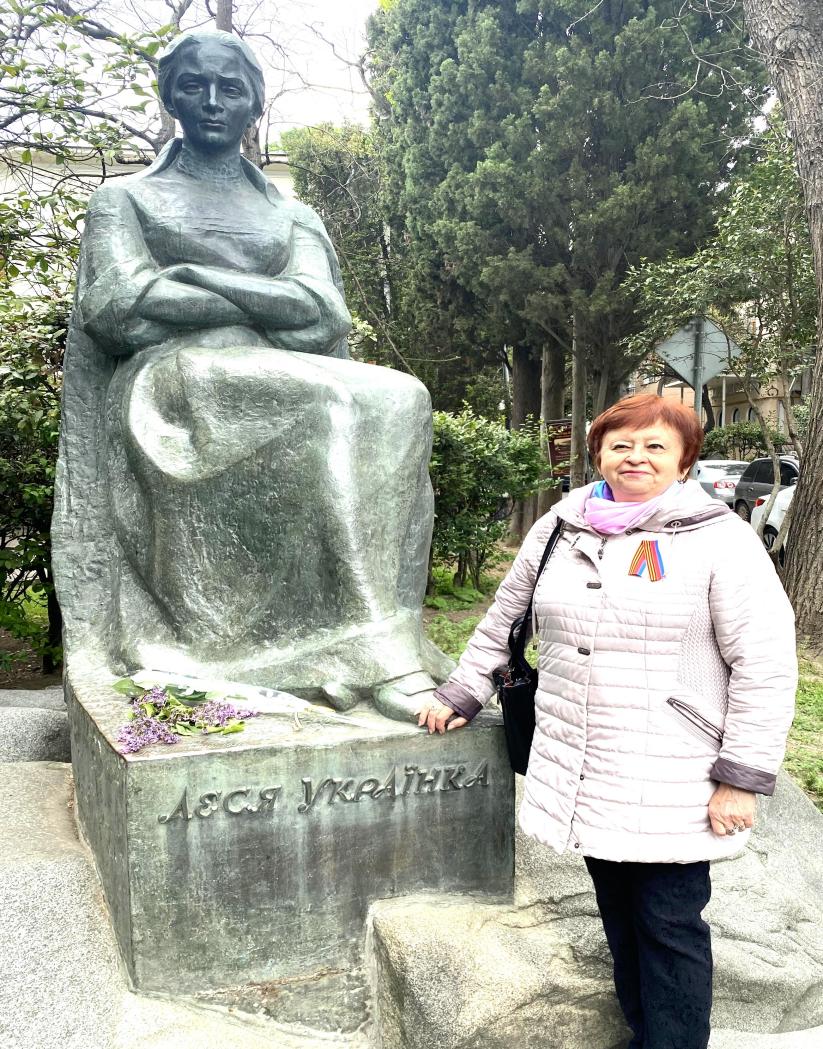
Even after the 2014 referendum, the Crimean law respecting and protecting all three national languages continues to be the law of Crimea. In addition, while Ukraine moved to destroy Russian and Soviet monuments in Crimea, there was no retaliation to do the same to Ukrainian monuments. As just one example, Irina Alexeyeva pointed out to us the statue of famous Ukrainian poet Lesya Ukrainka, which still stands in a prominent spot in Yalta, Crimea, and which had fresh flowers laid at it.
As for the Crimean Tatars, the Russian government moved swiftly to try to make good relations with this group after the 2014 Crimean referendum. As many may know, the Tatars had been persecuted during World War II as suspected collaborators and forcibly removed from Crimea to other Soviet republics.
However, many have moved back to Crimea and, as noted above, make up about 13% of Crimea’s population. One of the first things President Putin did after Crimea returned to Russia in 2014 was to officially “rehabilitate” them from the claims of collaboration made by the Stalin government, give them land they protested for in Crimea, provide them with modest monetary reparations and build a new mosque for them in Crimea. This mosque, once completed, will be one of the biggest in all of Russia.
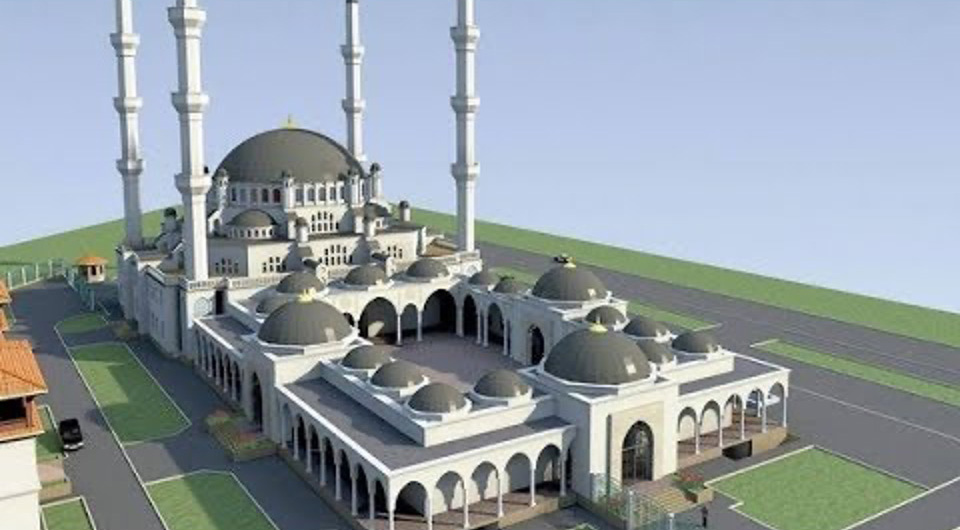
Still, readers may fairly ask about Russia’s military intervention in Ukraine, and whether this shows antipathy on the part of the Russian government and the Russian people toward Ukraine and the Ukrainian people. What we found in talking to people throughout our journey was that, while nearly everyone believes that the current war, while regrettable, was necessary to defend both Russia and the Russian-speaking population within Ukraine, they nonetheless do not bear ill will toward either Ukraine or the Ukrainian people. Rather, their issue is with the right-wing government in Kyiv, the government’s neo-Nazi allies and, above all, NATO, which they perceive as the puppet master of these forces.
The people with whom we met during our journey to St. Petersburg, Moscow and Crimea made it clear that the Ukrainians are their “brothers and sisters,” and many Russians have friends and family within Ukraine. In addition, Russia has welcomed more Ukrainian refugees (more than five million since February 2022) than any other country. Many refugees have resettled in Crimea.
The Russians we met spoke quite somberly about the war, regretting the huge loss of life on both sides of the conflict, and expressing frustration and concern about how long the war is lasting and how many more will die as a result. In addition, Russians are reasonably fearful that the war may expand into something greater and something more terrible—for example, a world war that might involve nuclear weapons. This fear was magnified when a drone attack, which the U.S. government has now admitted was most likely launched by Ukraine, damaged the Kremlin during our stay.
May 9 Victory Day in Russia was subdued because of terrorist threats but, on the streets, many families still remembered their family members who died in World War II. Having been invaded many times, Russians are much more fearful of war than Americans are. The overwhelming sentiment we heard is they want the Ukraine conflict to end and “peace and friendship” with the U.S.
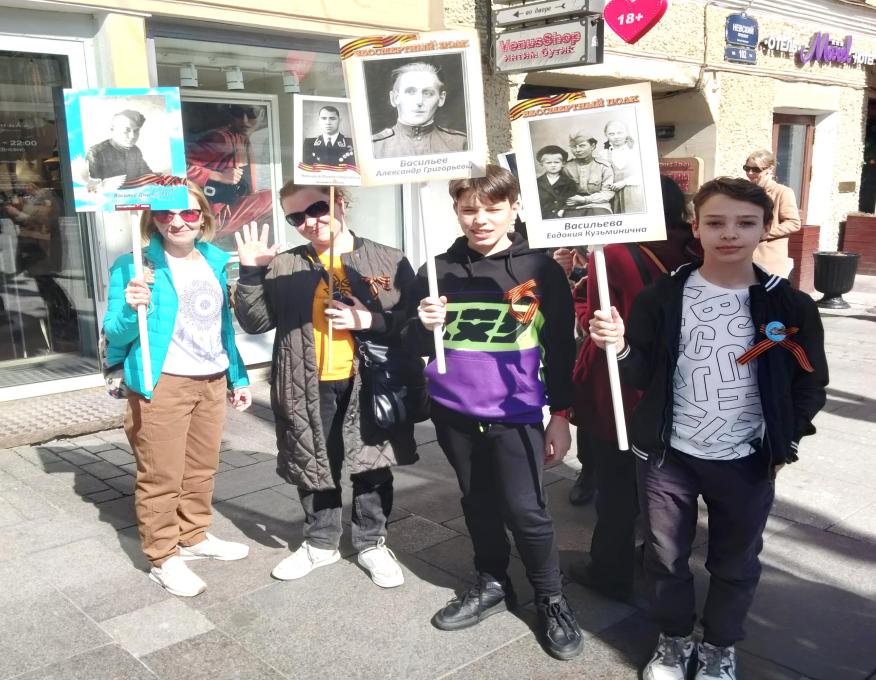
In the end, whatever one thinks of the war which is taking place in Ukraine and which is now bleeding into Russia as well, we believe that the primary goal of those living in the U.S. must be to do everything we can to prevail upon our government to de-escalate this situation which is at grave risk of spiraling out of control and threatening humanity itself. Instead of fueling the flames of war with more weapons and munitions to Ukraine, our government should encourage, instead of opposing, a negotiated solution to the conflict and the offer to help broker negotiations by countries like China, Turkey, Saudi Arabia, Brazil, and Israel.
One of the first steps in helping to achieve peace is being willing to look at the world as our adversaries—including Russia—do, and being willing to make concessions to their legitimate security concerns. This is how the Cuban Missile Crisis was resolved, for example, and this is how the current crisis can be resolved.

CovertAction Magazine is made possible by subscriptions, orders and donations from readers like you.
Blow the Whistle on U.S. Imperialism
Click the whistle and donate
When you donate to CovertAction Magazine, you are supporting investigative journalism. Your contributions go directly to supporting the development, production, editing, and dissemination of the Magazine.
CovertAction Magazine does not receive corporate or government sponsorship. Yet, we hold a steadfast commitment to providing compensation for writers, editorial and technical support. Your support helps facilitate this compensation as well as increase the caliber of this work.
Please make a donation by clicking on the donate logo above and enter the amount and your credit or debit card information.
CovertAction Institute, Inc. (CAI) is a 501(c)(3) non-profit organization and your gift is tax-deductible for federal income purposes. CAI’s tax-exempt ID number is 87-2461683.
We sincerely thank you for your support.
Disclaimer: The contents of this article are the sole responsibility of the author(s). CovertAction Institute, Inc. (CAI), including its Board of Directors (BD), Editorial Board (EB), Advisory Board (AB), staff, volunteers and its projects (including CovertAction Magazine) are not responsible for any inaccurate or incorrect statement in this article. This article also does not necessarily represent the views the BD, the EB, the AB, staff, volunteers, or any members of its projects.
Differing viewpoints: CAM publishes articles with differing viewpoints in an effort to nurture vibrant debate and thoughtful critical analysis. Feel free to comment on the articles in the comment section and/or send your letters to the Editors, which we will publish in the Letters column.
Copyrighted Material: This web site may contain copyrighted material the use of which has not always been specifically authorized by the copyright owner. As a not-for-profit charitable organization incorporated in the State of New York, we are making such material available in an effort to advance the understanding of humanity’s problems and hopefully to help find solutions for those problems. We believe this constitutes a ‘fair use’ of any such copyrighted material as provided for in section 107 of the US Copyright Law. You can read more about ‘fair use’ and US Copyright Law at the Legal Information Institute of Cornell Law School.
Republishing: CovertAction Magazine (CAM) grants permission to cross-post CAM articles on not-for-profit community internet sites as long as the source is acknowledged together with a hyperlink to the original CovertAction Magazine article. Also, kindly let us know at info@CovertActionMagazine.com. For publication of CAM articles in print or other forms including commercial internet sites, contact: info@CovertActionMagazine.com.
By using this site, you agree to these terms above.
About the Author

Rick Sterling is an investigative journalist based in the San Francisco Bay Area.
He is active with the Taskforce on the Americas and other organizations including Syrian Solidarity Movement and the Mount Diablo Peace and Justice Center.
Rick has researched and written articles challenging the trend toward corporatization of higher education. He is an active supporter of KPFA (listener sponsored radio) and Rossmoor Voices for Justice in Palestine. Rick was a full-time activist in his early years, had a 25-year detour working as an engineer in the electronics and aerospace industries, primarily at UC Berkeley, and has now returned to work full time where his heart is: progressive international causes.
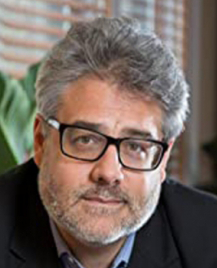 Daniel Kovalik graduated from Columbia University School of Law in 1993. He then served as in-house counsel for the United Steelworkers, AFL-CIO (USW) until 2019.
Daniel Kovalik graduated from Columbia University School of Law in 1993. He then served as in-house counsel for the United Steelworkers, AFL-CIO (USW) until 2019.
While with the USW, he worked on Alien Tort Claims Act cases against The Coca-Cola Company, Drummond and Occidental Petroleum—cases arising out of egregious human rights abuses in Colombia. The Christian Science Monitor, referring to his work defending Colombian unionists under threat of assassination, described Mr. Kovalik as “one of the most prominent defenders of Colombian workers in the United States.” Mr. Kovalik received the David W. Mills Mentoring Fellowship from Stanford University School of Law and was the recipient of the Project Censored Award for his article exposing the unprecedented killing of trade unionists in Colombia.
Dan has written extensively on the issue of international human rights and U.S. foreign policy for the Huffington Post and Counterpunch and has lectured throughout the world on these subjects. He is the author of several books including The Plot To Overthrow Venezuela, How The US Is Orchestrating a Coup for Oil, which includes a Foreword by Oliver Stone.
Daniel can be reached at dkovalik@outlook.com.

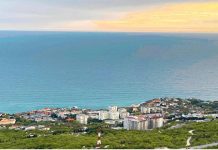

Turkey has been building many Mega Mosques all over the world and it is Turkey that is funding the Mega Mosque in Crimea according to the article linked below. Turkey just needed Russia’s approval to go forward with this project:
https://www.hurriyetdailynews.com/turkey-to-build-crimeas-largest-mosque–89129
Where else is Turkey building Mega Mosques?
In the attached link you can find a small fraction of the mosques built by Turkey:
https://theblacksea.eu/blogs/turkey-global-mega-mosque-bonanza-list/
The Mosque pictured in this article appears to be the Aqmescit Friday Mosque described in the link below. The construction began in 2015 and there has been a long story about this mosque which was not described n this article, other then to say that Russia is building the mosque. :
https://en.wikipedia.org/wiki/Aqmescit_Friday_Mosque
I clicked on the link to the You Tube Video of the planned Tatar Mega Mosque and I got the following message.
Video unavailable
This video is no longer available because the YouTube account associated with this video has been terminated.
Good to hear. Thanks for the constructive travelogue.